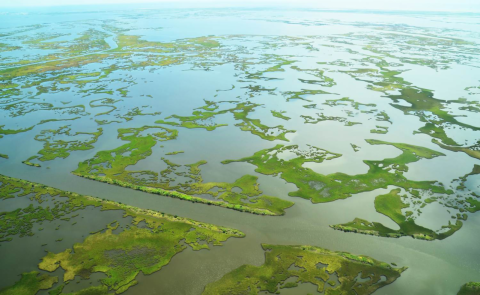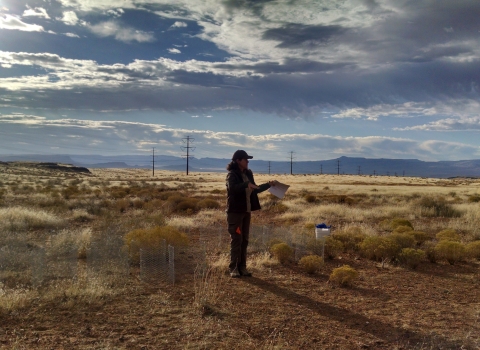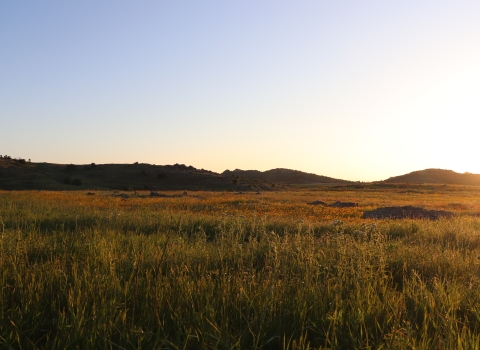The Louisiana wetlands in the Barataria Basin estuary act as critical foraging, nursery, and nesting grounds for hundreds of species of fish and other wildlife. Land loss, saltwater encroachment and sea level rise have left the wetlands and the fish and wildlife that call them home in danger. The 2010 Deepwater Horizon oil spill and the resulting response accelerated the ongoing trend of coastal land loss in the Barataria Basin estuary.
On September 21, 2022, the Deepwater Horizon Louisiana Trustee Implementation Group released the Mid-Barataria Sediment Diversion (MBSD) Final Restoration Plan. After decades of discussion and 40,000 public comments, this first-of-its-kind project, represents one of the largest and most innovative coastal habitat restoration efforts ever undertaken, if the project is ultimately permitted and funded.
The permitting decision is anticipated to be made later this year.
“We’re ecstatic,” says Bren Haase, executive director of the Louisiana Coastal Protection and Restoration Authority. “We’re not at the finish line yet. It’s been said we’re at about the two-yard line.”
MBSD would reconnect the Mississippi River to Louisiana’s Barataria Basin estuary, restore wetlands, and contribute to the broader restoration of its ecosystem. Over 50 years, the sediment carried by the river is projected to restore more than 13,000 acres of wetland habitat — which is 20 square miles, or the size of nearby Breton National Wildlife Refuge.
Concerns about the effects of an influx of fresh water from the project on marine species near Delta National Wildlife Refuge, such as dolphins and oysters, have been forefront in planning discussions. The project is estimated to cost more than $2 billion, which include funds for monitoring and evaluation and a suite of stewardship and mitigation measures to offset adverse impacts where possible.
Despite the concerns, the potential benefits to the ecosystem are significant. The restored wetlands would contribute to protecting communities and infrastructure, reducing impacts from storms, supporting healthier Gulf fisheries, and benefitting many species important to the region’s economy and environment.





